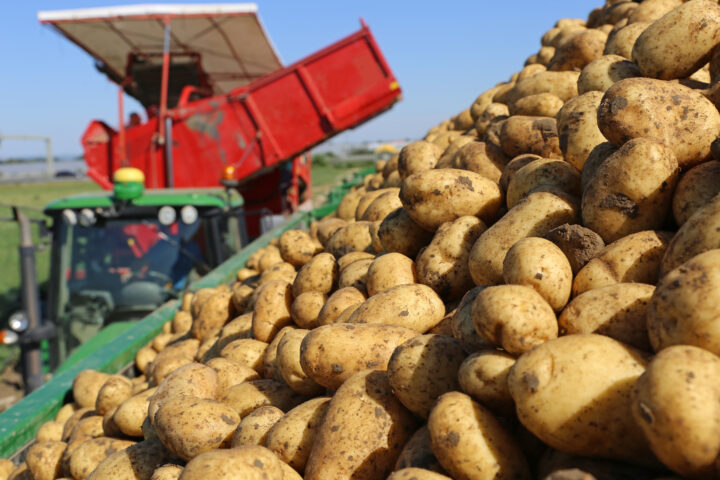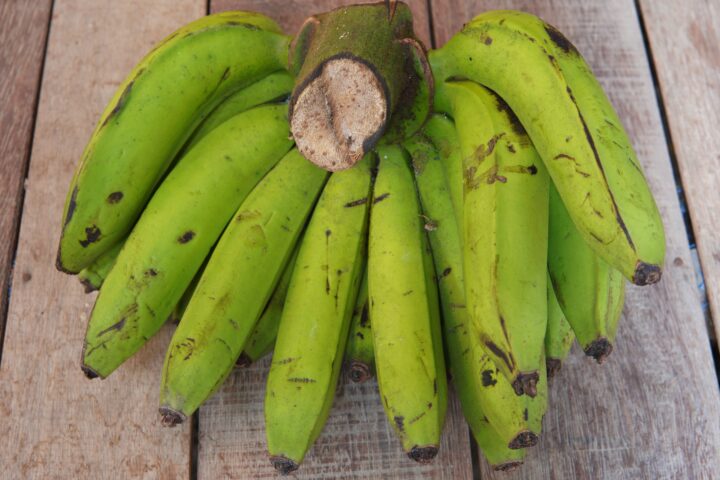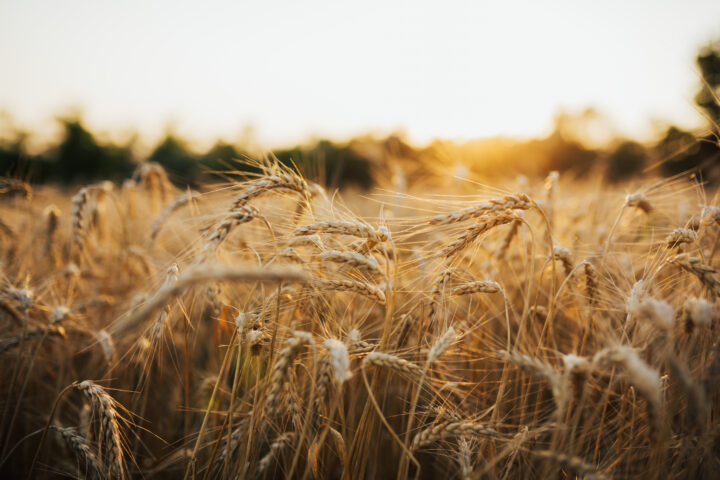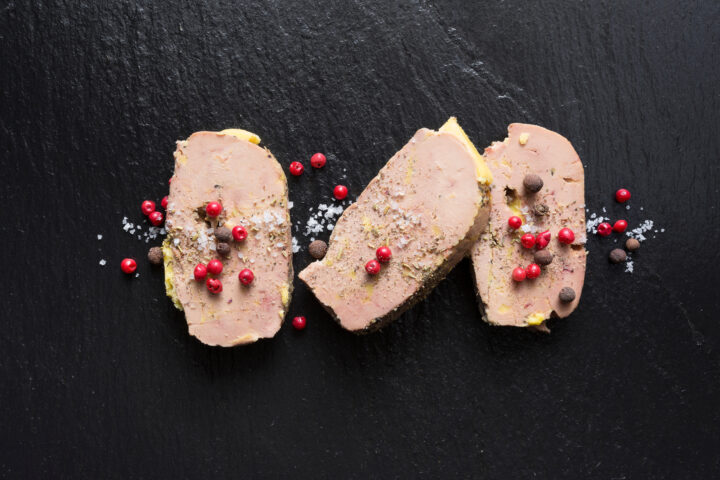
Canton of Zurich: Up to 90 percent fewer grapes
The wet summer had a disastrous impact on the grape harvest. Conditions were ideal for mildew and other diseases and pests. In the canton of Zurich, the grape harvest was 50 percent smaller than usual. In some of the canton’s regions, as much as 90 percent of the harvest was lost. To protect their grapes, organic winegrowers had to rely on pesticides from conventional agriculture.
Friday, October 22, 2021
It was the wettest summer in decades. As the newspaper “Tages-Anzeiger” reported, winemakers are calling 2021 the worst year for wine in 20 years. Winegrowing regions throughout Switzerland have been affected. In the canton of Valais, yields are expected to drop by between 30 and 40 percent. In some place the situation has apparently been so dire that wineries have been the victim of grape thieves. In the Lake Geneva region, the harvest was only half its normal size. The canton of Zurich, too, has been hard-hit. According to the agency Fachstelle Rebbau, the grape harvest in Zurich was 50 percent smaller than usual. In some of the canton’s regions, as much as 90 percent has been lost.
Organic winegrowers also used conventional pesticides
Because of the wet conditions, mildew has been a particularly widespread problem in Swiss vineyards. This fungal disease has made life especially difficult for organic winegrowers. The “Tages-Anzeiger” reports that according to the wine commissioners, organic growers have had to rely more on pesticides that are normally approved only for use in conventional agriculture. As a result, some wine producers are likely to lose their “organic” label.
Organic farmers, too, need pesticides
It is often alleged that “organic farmers don’t need pesticides”.That is not true. To earn “Bio Suisse Bud” certification, however, production must comply with very strict regulations. Precise guidelines determine which agents may be used. The Research Institute of Organic Agriculture (FibL) publishes a list of permissible fertilizers, crop protection products and biocides.
Farms are only allowed to display the Bio Bud label if their entire operations, and not just some parts or certain crops, follow Bio Suisse guidelines. This leaves no room for flexibility. In bad years, when organic pesticides are not enough, farmers have no choice but to stand by and watch their crops die.
Organic rules increase food waste
This leads to food waste in the fields, which is not resource-efficient. All of the invested labor, energy, money and seeds are for nothing. The rigid rules for organic production spark discussions on a regular basis. Bio Suisse guidelines stipulate that medicinal products and vaccines must be free of genetic engineering. A few years ago, the president of Bio Suisse, Urs Brändli, came under pressure after almost all of Switzerland’s organic chickens received a genetically modified vaccine. This high-tech vaccine offers protection against a highly infectious virus. “We were faced with a very difficult dilemma. We had seen thousands of animals die. That’s why we made a clear decision in favor of animal welfare – and opted to use the vaccine,” Brändli told “Rundschau,” explaining why the vaccine had been granted temporary approval.
By refusing to use modern technologies, the organic sector is increasing food waste and impeding resource-efficient production – which is not the way to achieve a truly sustainable agricultural landscape.
Sources
Related articles

Potato farmers want robust varieties
As the use of pesticides is to be massively reduced, the potato industry now wants to focus on more robust varieties. The industry has even concluded a target agreement with the federal government. This is ambitious: By 2040, robust varieties are to thrive on 80% of potato cultivation areas.

How genetic engineering is saving the Cavendish banana
The most popular banana variety - the so-called Cavendish banana - could soon disappear due to a persistent fungus. Australian researchers have developed a solution based on genetic engineering.

Will this field trial revolutionise barley production?
Switzerland's first field trial using plants from new breeding technologies will start this spring in Zurich. Specifically, the aim is to breed a spring barley that produces more grains per ear. If the trial works, the technology is likely to be of great interest to Swiss agriculture.

Foie gras without a guilty conscience
The term foie gras often has negative connotations. The reason for this is foie gras production, in which the animals suffer great suffering. After top restaurateurs developed recipes with unstuffed liver, Migros is now also offering «Happy Foie». This is an animal-friendly foie gras that is supposed to taste just as good as the original. Patents are used to protect the inventors.

